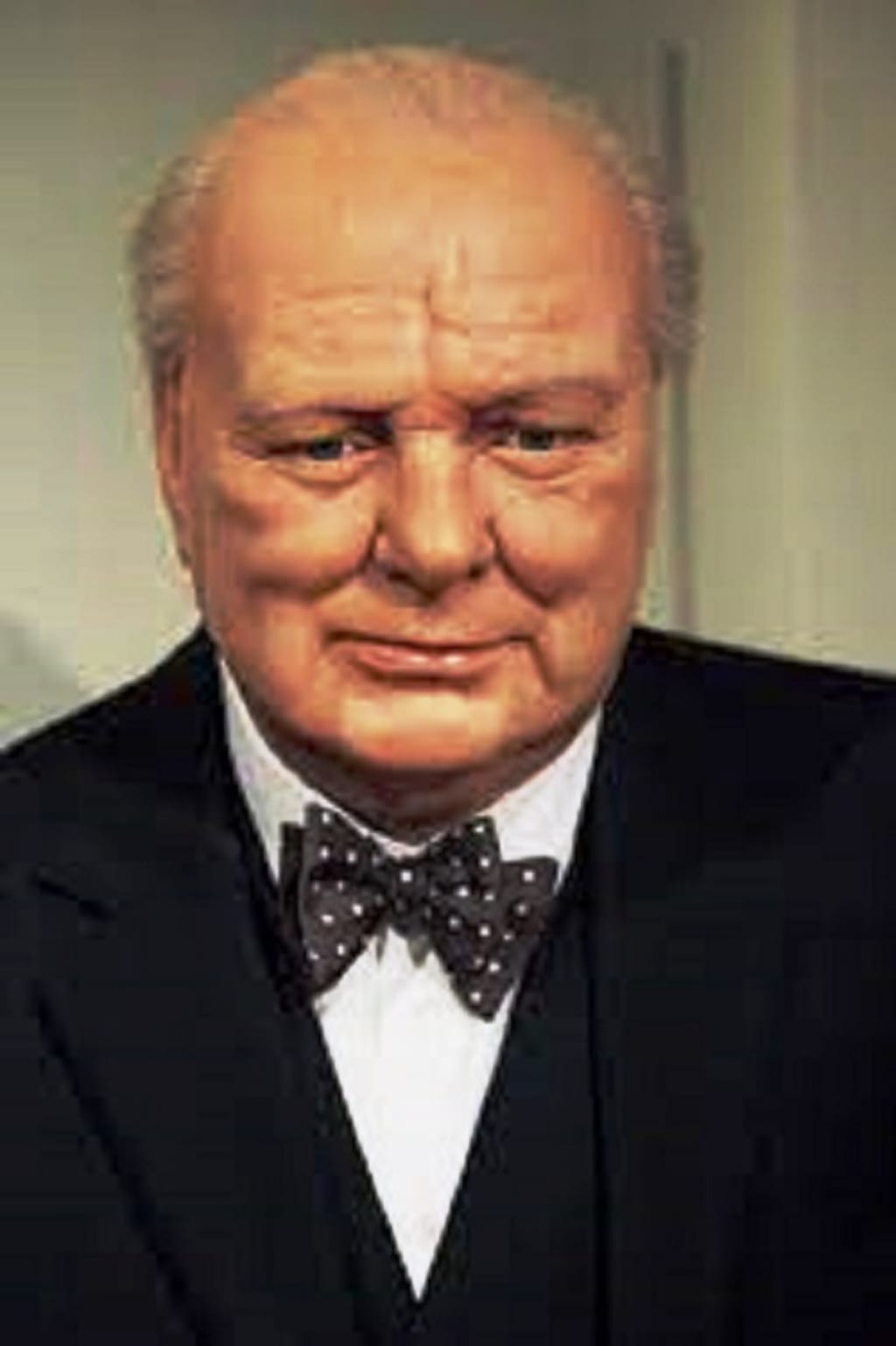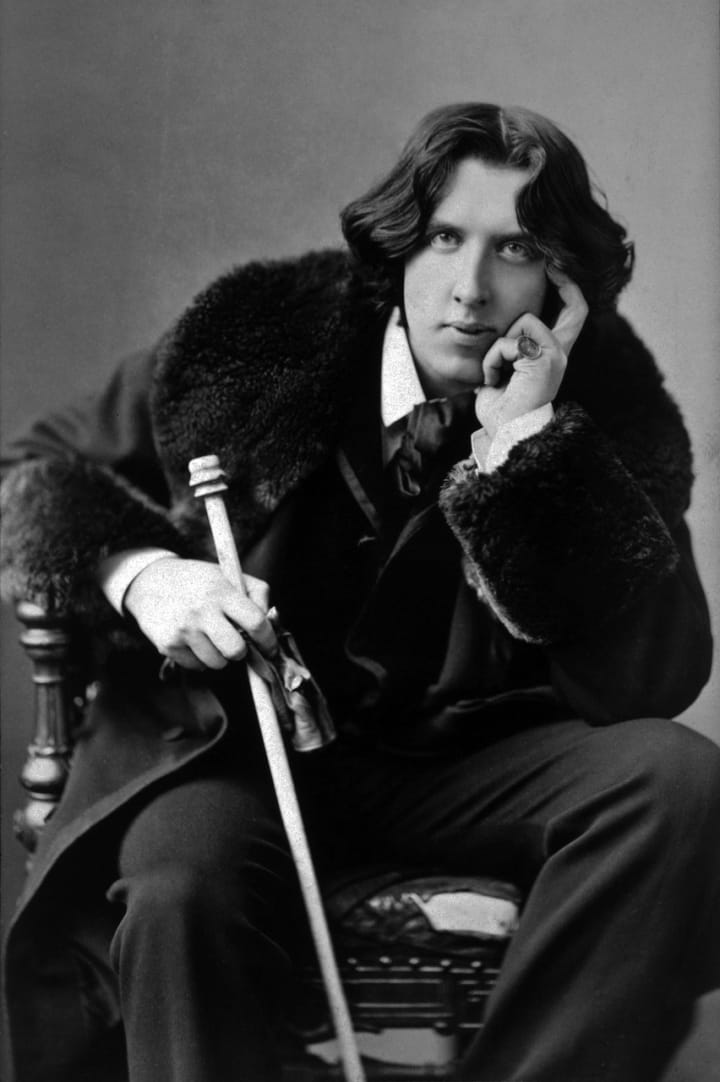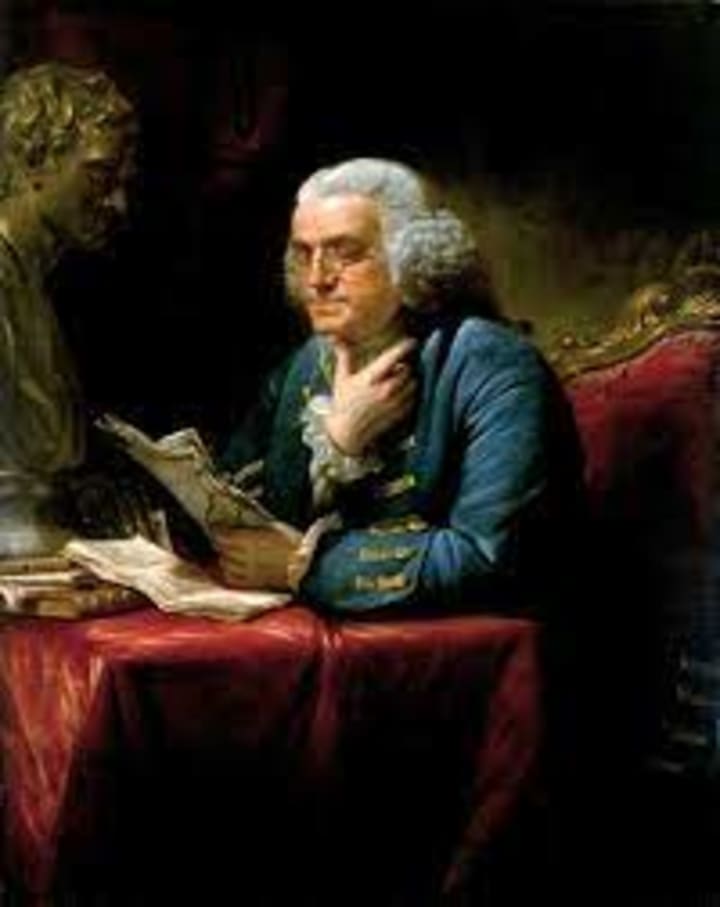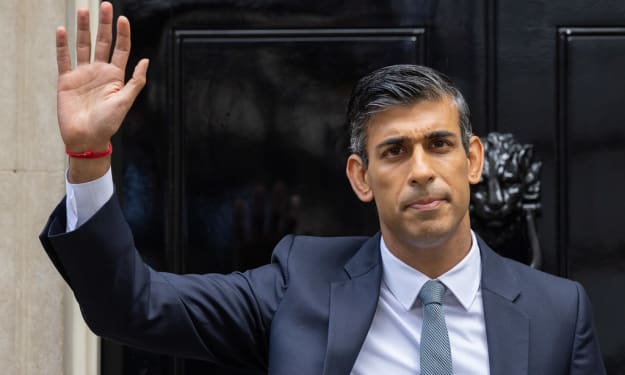The Best 7 Insults In History
Untold Story about 7 Insults In History

7 The Best Insults In History
Insults, while not always the most pleasant form of communication, have played a significant role in history, literature, and even political discourse. From witty one-liners to scathing retorts, some insults have become iconic and memorable, showcasing the power of language to both entertain and provoke. In this article, we delve into the world of insults throughout history, highlighting some of the best examples that have stood the test of time.
"I do desire we may be better strangers." - William Shakespeare:
This line, from Shakespeare's play "As You Like It," is a polite yet cutting way of expressing a desire for distance from someone. It highlights the notion that sometimes it's best to keep a certain distance from certain individuals.
"He has all the virtues I dislike and none of the vices I admire." - Sir Winston Churchill:
"I've had a perfectly wonderful evening. But this wasn't it." - Groucho Marx:
Groucho Marx was known for his quick wit and comedic timing. This snappy remark showcases his ability to deliver an insult in a humorous and lighthearted manner, leaving the recipient uncertain of whether they should take offense or laugh along.
"He can compress the most words into the smallest idea of any man I know." - Abraham Lincoln:
Abraham Lincoln, known for his eloquence, demonstrated his skill with words even when delivering an insult. This remark cleverly suggests that the person in question tends to use many words to express very little substance.
1. Winston Churchill:
Known for his sharp wit and acerbic tongue, Winston Churchill was a master of the art of the insult. One of his most famous retorts came during a heated exchange with Lady Nancy Astor. As the story goes, Lady Astor remarked, "If I were your wife, I would poison your coffee." To which Churchill quickly replied, "If I were your husband, I would drink it."
2. Oscar Wilde:
Renowned for his clever wordplay and satirical wit, Oscar Wilde left behind a treasure trove of memorable insults. One of his most notable barbs was directed at a rival playwright, George Bernard Shaw. Wilde quipped, "I am enclosing two tickets to the first night of my new play; bring a friend... if you have one."

3. Benjamin Franklin:
Even the Founding Fathers of the United States had a talent for delivering cutting remarks. Benjamin Franklin once famously said, "He that falls in love with himself will have no rivals." This witty observation highlights the folly of excessive self-importance.

4. Elizabeth I:
Queen Elizabeth I of England was known for her sharp tongue and quick wit. When a nobleman suggested that she should marry and produce an heir, she famously replied, "I will have but one mistress here, and no master." Her response effectively shut down the discussion and asserted her independence and authority.
5. Mark Twain:
Mark Twain, celebrated author and humorist, had a knack for memorable insults. When a newspaper mistakenly published his obituary, Twain responded with a characteristic quip, saying, "The reports of my death are greatly exaggerated." This remark not only showcased his sharp sense of humor but also demonstrated his resilience in the face of false rumors.
6. Dorothy Parker:
Dorothy Parker, an American writer and critic, was known for her biting wit and sarcasm. In a review of a Broadway play, she famously stated, "This is not a novel to be tossed aside lightly. It should be thrown with great force." Her ability to deliver scathing critiques with a touch of humor made her one of the most revered figures in literary circles.
7. Groucho Marx:
Comedian and actor Groucho Marx was a master of quick-witted comebacks. In one memorable exchange, he famously said, "I never forget a face, but in your case, I'll make an exception." This lighthearted insult perfectly captures Marx's signature blend of humor and snark.
These are just a few examples of the best insults in history, showcasing the power of words to entertain, provoke, and even sting. While insults should generally be used with caution and respect, these clever and memorable lines serve as a reminder of the wit and linguistic prowess of those who crafted them.
About the Creator
Story Bucks
Digital Content Creator






Comments
There are no comments for this story
Be the first to respond and start the conversation.